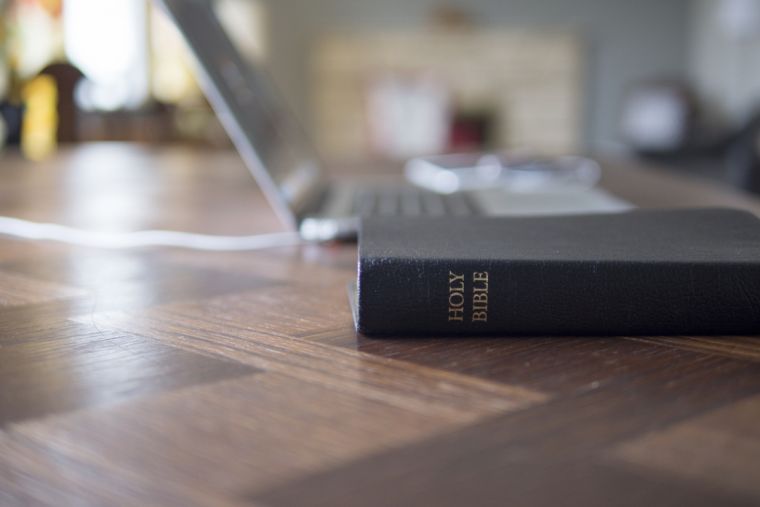What did your church learn during lockdown?

In a few weeks, the UK will mark two years since the country's first Covid lockdown. Churches closed their doors for worship as infection levels, hospital admissions and, tragically, deaths rose.
Even today, some worshippers are reluctant to return to 'in person' worship, and many churches are still taking care to limit Covid risks. In many ways, we are still emerging from the pandemic and waiting to see what the 'new normal' looks like.
But what did we learn in the almost 24 months since the pandemic became part of our everyday lives?
I have picked out four learning points:
1. Churches built stronger links with their local communities.
Church services may have been suspended, or moved online, but many churches set up networks of support for people within their congregations and across their areas.
Churches supported or set up ways of helping the most vulnerable in their communities, and many churchgoers volunteered to help local caring charities and, later, at vaccination centres.
2. Churches reached new people by going online.
Overnight, many churches threw open their doors to people on their doorstep, and further afield. Suddenly, distance did not matter – and people were 'attending' online services at churches around the world. Worshippers with disabilities welcomed the online services – and gently asked why it had taken the wider Church so long to acknowledge their needs.
The Covid-19 pandemic "propelled the Church into the contemporary world," declared a report from CPAS, an Anglican evangelical mission agency working with UK and Irish churches. The churches' offering had been transformed from "the Odeon to Netflix" as people could worship online at any time.
The report encouraged churches to prepare for an influx of online worshippers into their buildings when lockdown was lifted. It's as yet unclear how far this has occurred.
3. Churchgoers learnt to be grateful for all the things they had taken for granted.
Suddenly, singing hymns or worship songs together, receiving communion with bread and wine, and responding to a sermon together, all became a memory from an earlier time. We realised how much we needed each other and appreciated each other's fellowship and presence. Home-based fellowship groups, now online, thrived, and became the back-bone of many churches. In some, the Sunday services became supporting events for the midweek groups.
4. Churches chose their priorities.
During lockdown, many churches asked themselves, what really matters? What are our priorities now? Disputes around issues of church governance or practices were put on the back-burner and congregations focussed on providing services of worship and supporting those in need.
These are just my 'top four' suggestions – and of course they will not apply to all churches. Perhaps I have painted too rosy a picture? Some will say that the decision to close churches as the pandemic raged was misguided. People were seeking spiritual solace and were met with locked doors.
Many churches are still deeply affected by the impact of the pandemic, with attendances and finances taking a hit.
Why not ask yourself, what your church learnt during lockdown – and how far those lessons could help you plan for the future?
Rev Peter Crumpler is a Church of England minister in St Albans, Herts, UK, and the author of 'Responding to Post-truth'.











